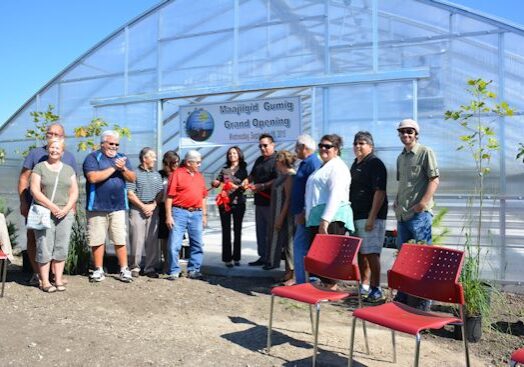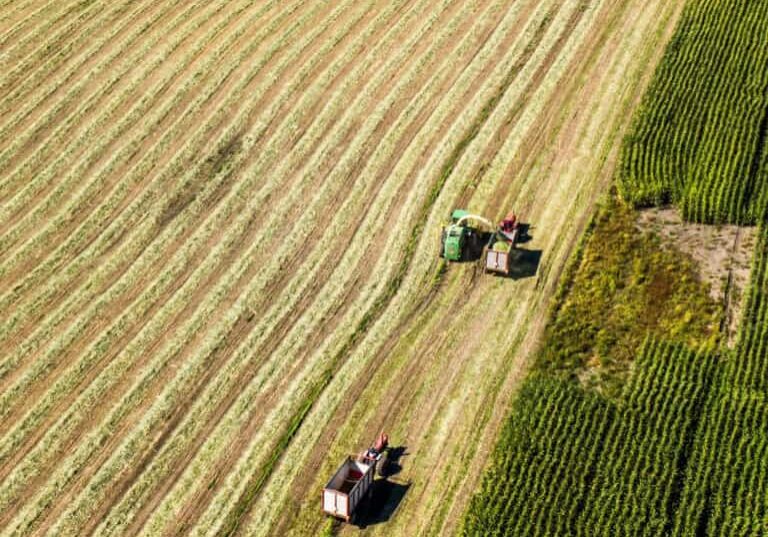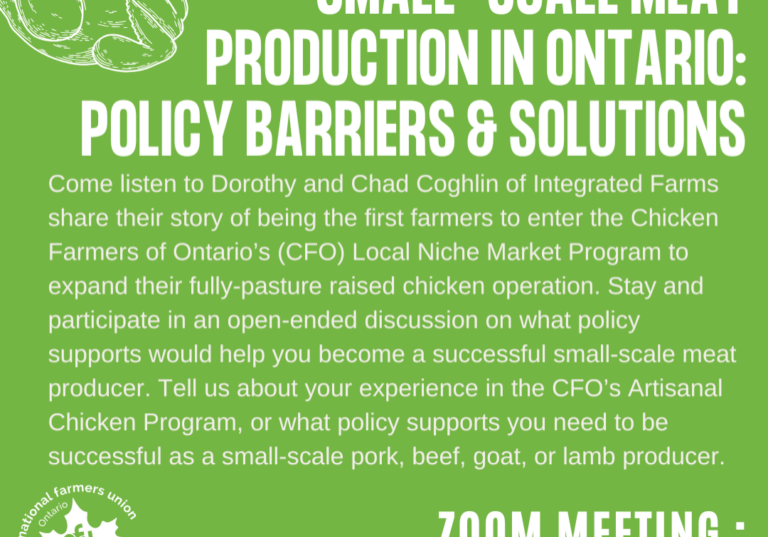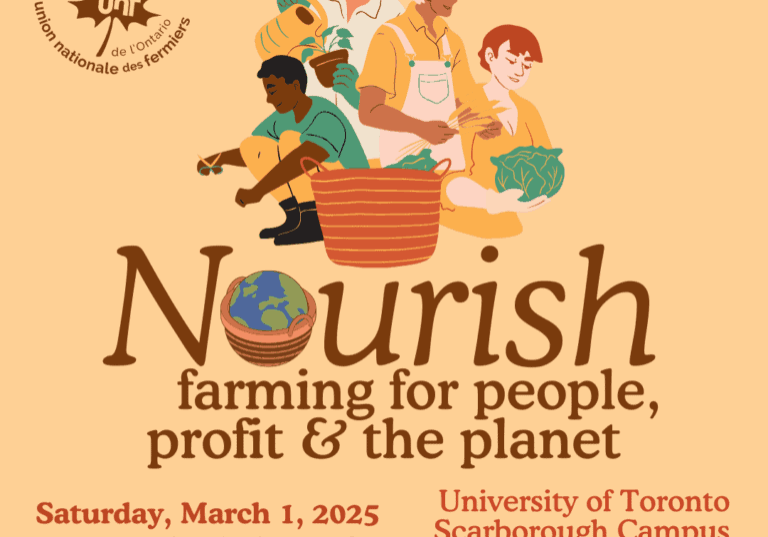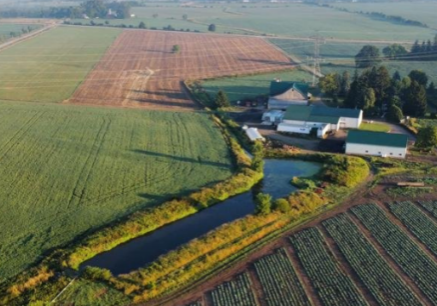Post-pandemic food and farming

National Farmers Union – Ontario Newsletter
The Rural Voice | October 2020
Among the many things COVID- 19 has done, it has exposed the many problems in our social and economic systems, such as the circumstances in long-term care, how dependent we are on foreign manufacturing, who is an essential worker (and how underpaid many of them are), the fragility of our food system, how close many of us are to financial crisis, and the gaping holes in our social safety net.
Everything we know about the origins of the virus remind us of the importance of prioritizing climate resilience in agriculture. As the industrial agriculture has grown to support a global population nearing 7.8 billion, it has also become the leading cause of global deforestation, permanently trans-forming landscapes for commodity crops, sacrificing ecosystem biodiversity, and increasing our exposure to zoonotic diseases, like COVID-19.
Many food and farm organizations have answered the call and continue to make policy recommendations for positive change in our post-pandemic recovery. As Farmers for Climate Solutions (FCS) said in their report, “COVID-19 recovery is an opportunity to create change in a sector that has seriously lagged in its climate response.”
Recently, FCS applauds the government’ s “rapid and admirable” response to the COVID-19 pandemic but is critical of the temporary and short-term nature of policy solutions, like debt deferral and increased access to credit, that don’ t account for the root causes. FCS proposes a five-tiered approach to COVID-19 recovery that focuses on supporting the next generation of Canadian farmers and putting those farmers at the forefront of a green energy transition.
Food Secure Canada is also weary of the “piecemeal approaches” to addressing the systemic inequities ingrained in our food system. Their vision for a post-pandemic recovery addresses the root causes of food insecurity, things like poverty, income inequality, and lack of access to affordable housing. Their policy action plan imagines a harmonized approach to building food system resiliency by creating national standards for food workers, food policy implementation, and food literacy education.
The National Farmers Union, too, has contributed to the conversation, envisioning a “post- pandemic food system standing upon the three pillars of sustainability: ecological health, social justice and economic viability.” Our road map for recovery describes how the coronavirus exposed the cracks in the food system but reminds us that those cracks predated the pandemic’s emergence in March 2020. The NFU’ s report urges that the broken systems, which offload the social, economic, and environmental debt costs on vulnerable people and rural and remote communities, be rebuilt and reimagined in a way that centers food sovereignty and agroecology.
These reports and policy recommendations are critical to affecting change. Municipal, provincial, and federal politicians need to hear from people who care about food and farm policies to motivate the action that will improve the food system for all Canadians. It’s important to take the time to learn about and evaluate these recommendations, and to advocate for the ones that are important to you. W e’ ve seen what happens when the lobbying gets left in the hands of the big corporations, and it’ s clear we can’t let that happen any longer.
Read the reports here:
Farmers for Climate Solutions: https://farmersforclimatesolutions.ca/policy-solutions
Food Secure Canada: https://foodsecurecanada.org/2020-growing-resilience-equity
National Farmers Union: https://www.nfu.ca/policy/envisioning-a-post-pandemic-agriculture-and-food-system/
Click here to view the PDF version.
A subscription to The Rural Voice is one of the benefits of being an NFU-O member

